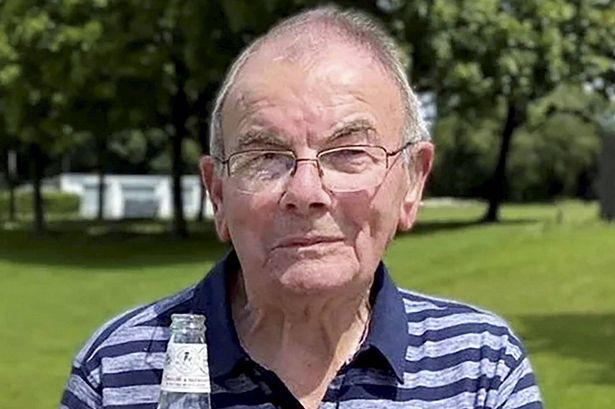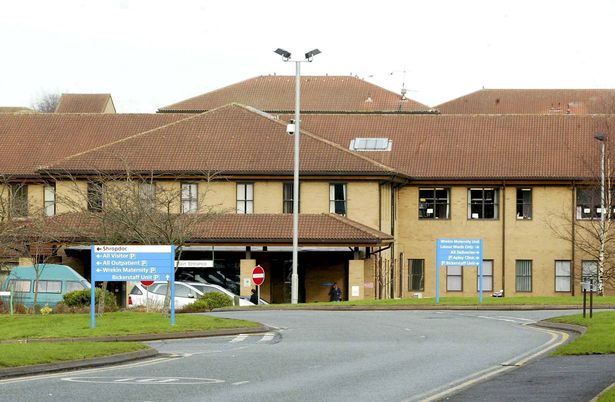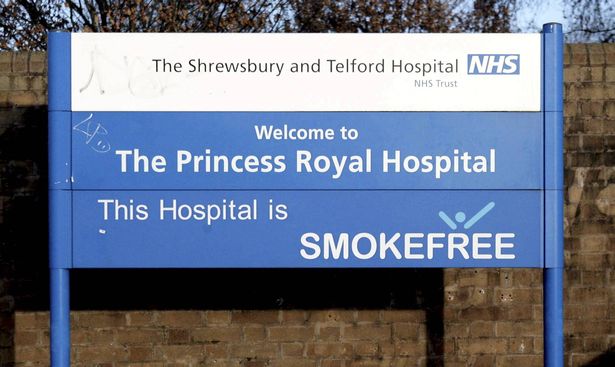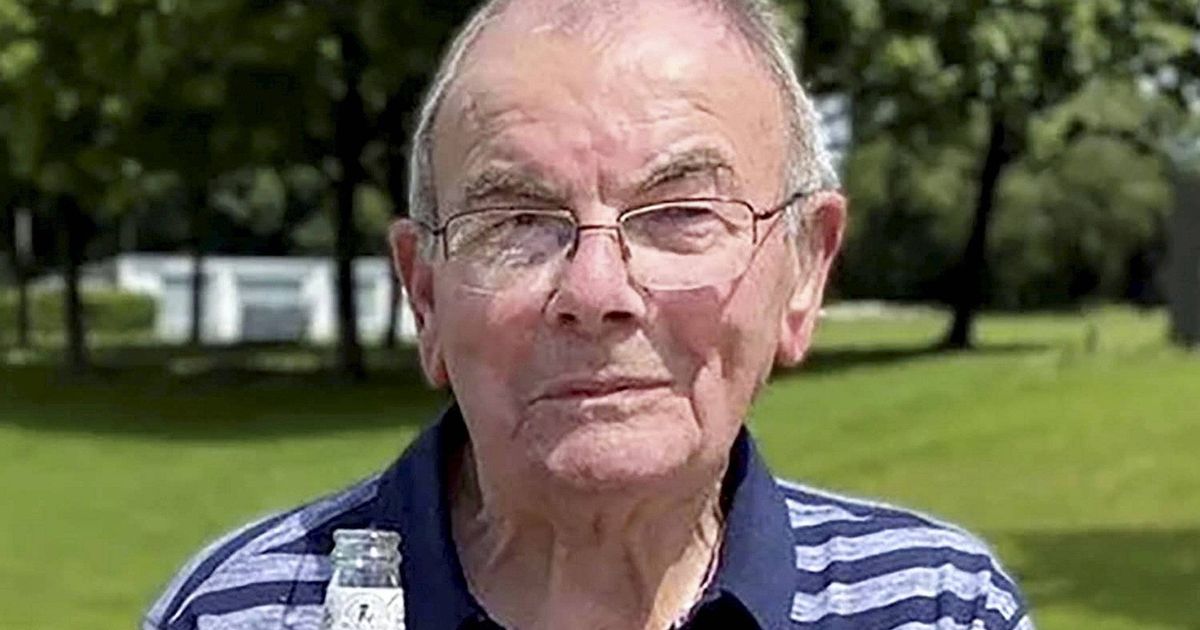Graham Millward, 87, died on a hospital trolley in a ‘chaotic’ A&E department after being ‘deprived of oxygen’ following an 18 hour wait outside in an ambulance receiving area
An 87 year old grandfather tragically passed away on a hospital trolley in the “chaotic” A&E of Telford’s Princess Royal Hospital after enduring an agonising 18-hour wait in an ambulance bay.
Graham Millward ‘suffocated to death’ in a corridor, witnessed by his wife and daughter, after being denied oxygen at the hospital.
The inquest was told that Mr Millward had been taken to the hospital on January 9 following a call to paramedics from his nursing home in Wellington, Shropshire.
Read more: WhatsApp messages between council and bins union
However, upon arrival, the lack of ward space meant Mr Millward was left in the ambulance area for a staggering 18 hours.
His daughter recounted the harrowing moment he was eventually moved to A&E without a cubicle prepared, and staff failed to properly administer his oxygen, leaving him “gasping for air.”
The former welder sadly never reached a ward for further care and succumbed on a trolley amidst the bustle of the A&E.
Paula Millward, 60, from Telford, described the horror of watching her father’s last moments as hospital staff botched the reattachment of his oxygen.

She condemned the loss of her father’s chance for a “dignified passing” and branded the ordeal as “unforgivable.”
Paula lamented: “My father did not deserve this, he was deprived of a dignified passing and I was forced to watch him take his final breaths.”
Despite his health issues and previous hospital visits, the family had hoped for his return home, a sentiment echoed in the hospital report which suggested he should have survived.
“He spent an hour on the ambulance on arrival before being taken to the ambulance receiving area which is basically a glorified porter cabin.
“He was given oxygen but when he was finally moved 18 hours later, they didn’t attach the pipe properly and he still had the face mask on so it restricted his breathing more.
“He should have been taken to resus but instead he was taken to a cubicle, which was already occupied.
“So instead he was in a corridor surrounded by chaos in a busy A&E department with no dignity at all.
“I said to a nurse ‘is my dad OK?’ and she took one look at him and said they needed to get screens around him straight away.
“We basically had to watch him gasping for air before he suffocated to death in front of us.
“My sister and his granddaughter who live away were robbed of the time to get to him.
“He was a lovely family man and very popular, so many people turned out for his funeral but the way he was treated was unforgivable.”
Shropshire Coroner’s Court was told Mr Millward’s death was “more likely than not” accelerated by inadequate oxygen treatment.

The grandfather-of-one had been regularly attending Princess Royal Hospital and suffered from multiple health issues including pneumonia.
However, his passing was “expedited” owing to the failure to deliver oxygen therapy, leaving the family “deprived” of their final farewell.
A medical statement from a hospital doctor was presented to the coroner’s court. He stated there had been a breakdown in delivering oxygen treatment when it ought to have been administered, and that it was “more likely than not” the mistake would have inflicted “distress” upon Mr Millward and “accelerated his death”.
John Ellery, senior coroner for Shropshire, Telford and Wrekin, delivered a narrative verdict that Mr Millward’s demise was from natural causes, expedited with additional suffering.
Dr John Jones, medical director at Shrewsbury and Telford Hospitals Trust, said: “We would like to offer our deepest condolences to the family of Mr Millward and apologise for the care he received.
“We are committed to providing the best possible care and we are taking action to address the findings of a full internal investigation, including a review of the staff training for the transfer of patients receiving bottled oxygen.
“Our Trust will also act on any further actions recommended by the coroner.”

